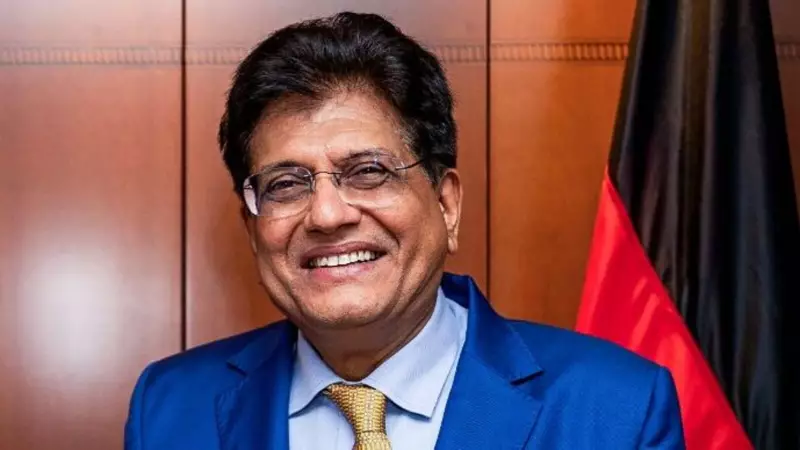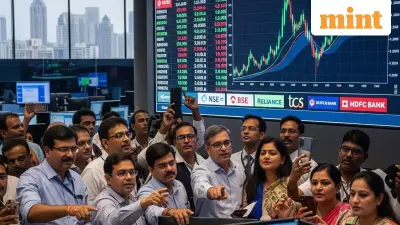
In a significant development for international trade, Commerce and Industry Minister Piyush Goyal has announced substantial progress in the long-pending India-European Union Free Trade Agreement negotiations. Following intensive talks in Brussels, both economic powerhouses have managed to narrow critical differences that had previously stalled the agreement.
Historic Breakthrough in Bilateral Relations
The recent round of discussions marks a turning point in the India-EU trade relationship, with Minister Goyal expressing optimism about the deal's future. "We have managed to bridge several important gaps that were hindering the finalization of the trade agreement," Goyal stated after concluding his meetings with European counterparts.
Key Areas of Progress
The negotiations, which have been ongoing for several years, have seen breakthroughs in multiple crucial sectors:
- Market Access: Significant headway in tariff reduction and market entry provisions
- Services Sector: Improved understanding on services trade and professional mobility
- Investment Protection: Consensus building on investment security frameworks
- Geographical Indications: Progress on protecting unique products from both regions
Strategic Importance of the Agreement
This trade deal represents one of the most significant economic partnerships globally, combining India's rapidly growing market of 1.4 billion people with the European Union's economic might. The successful conclusion of this agreement could:
- Boost bilateral trade beyond the current $130 billion annually
- Create new opportunities for Indian exporters across multiple sectors
- Strengthen supply chain resilience between the two regions
- Provide European companies enhanced access to India's manufacturing capabilities
Next Steps in the Negotiation Process
While substantial progress has been made, Minister Goyal emphasized that "some areas still require careful consideration and mutual understanding." Both parties have agreed to maintain the current momentum with follow-up meetings scheduled in the coming months.
The breakthrough comes at a crucial time when global trade dynamics are shifting, and both India and the EU are seeking to diversify their economic partnerships. The successful conclusion of this agreement would mark a new chapter in India-Europe relations and potentially set new standards for South-North trade cooperation.
Economic Implications for Indian Businesses
Indian exporters across various sectors, including textiles, pharmaceuticals, automotive components, and IT services, stand to benefit significantly from the reduced trade barriers. The agreement is expected to level the playing field and provide Indian products with competitive advantages in European markets.
As the world watches these developments, the India-EU trade deal negotiations demonstrate how persistent diplomacy and mutual economic interests can overcome longstanding differences, paving the way for a more integrated global economy.





